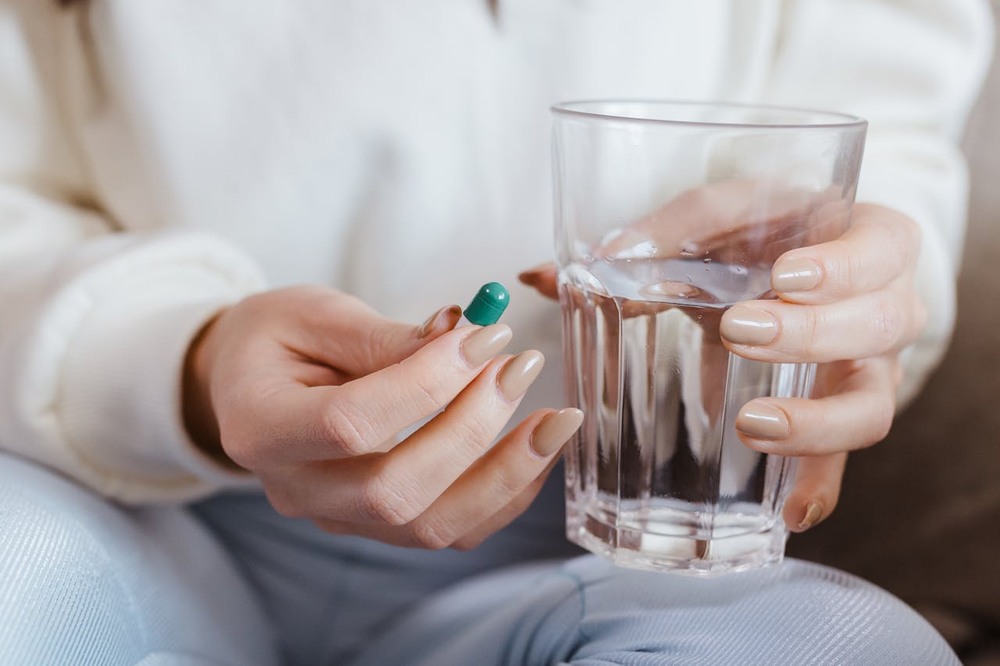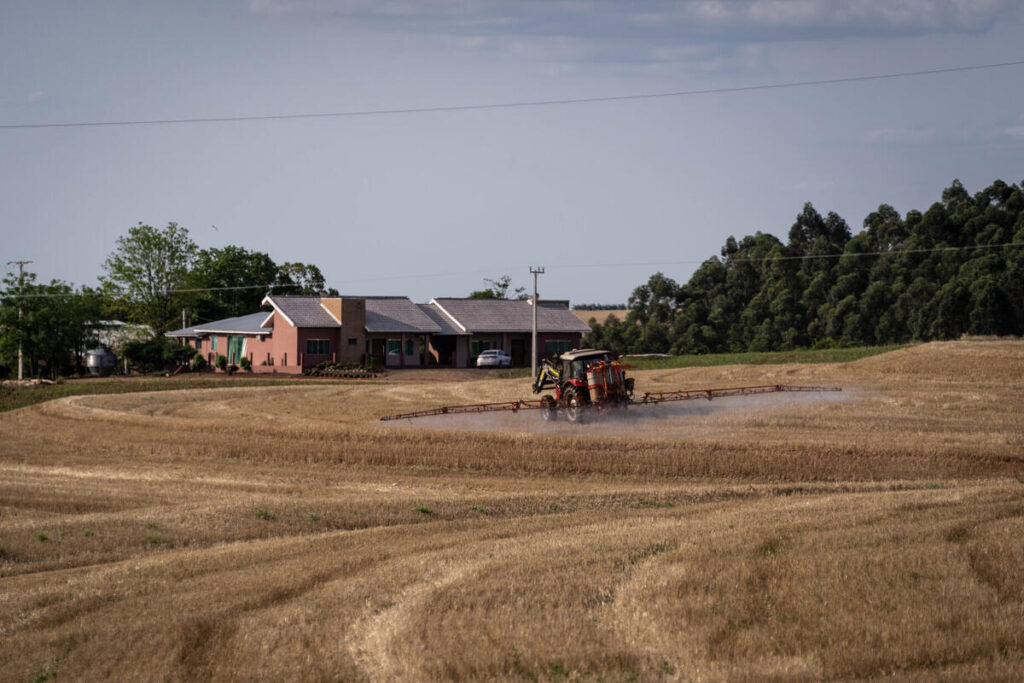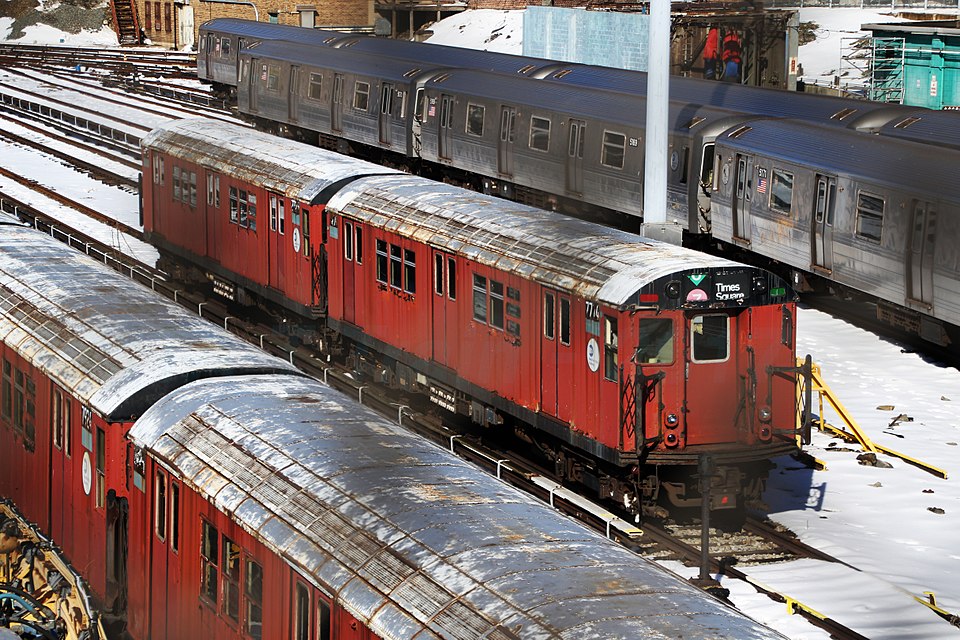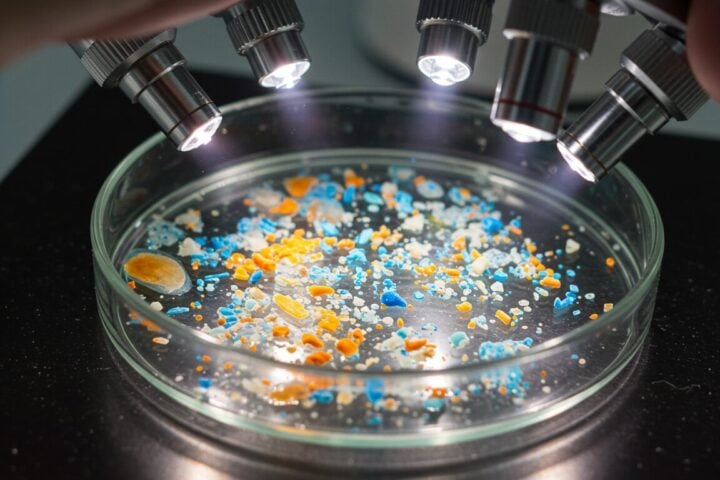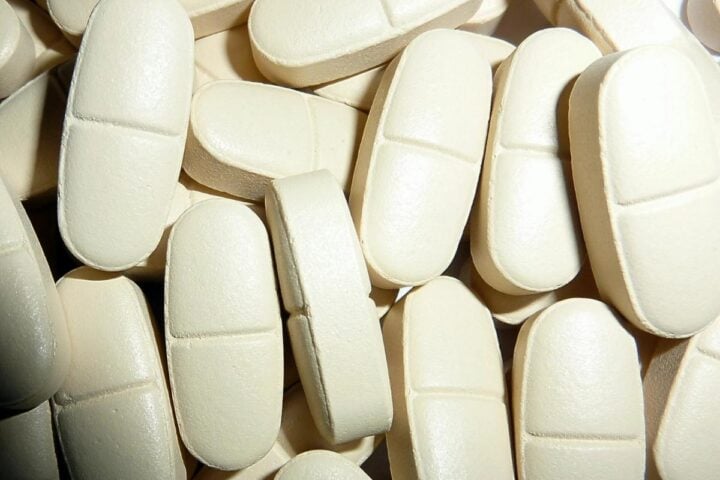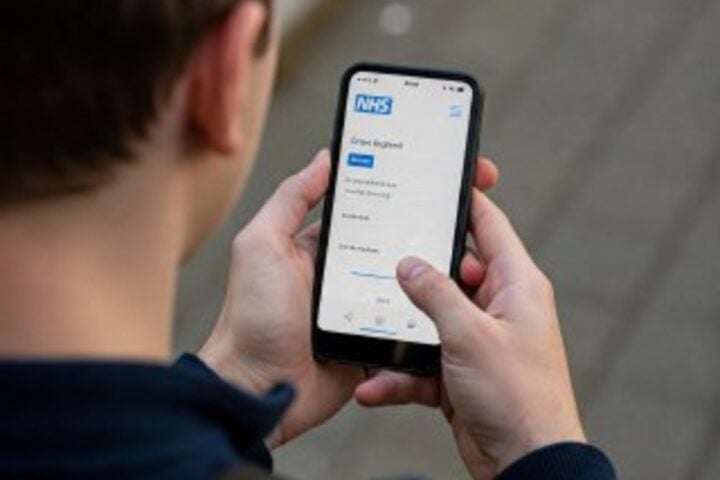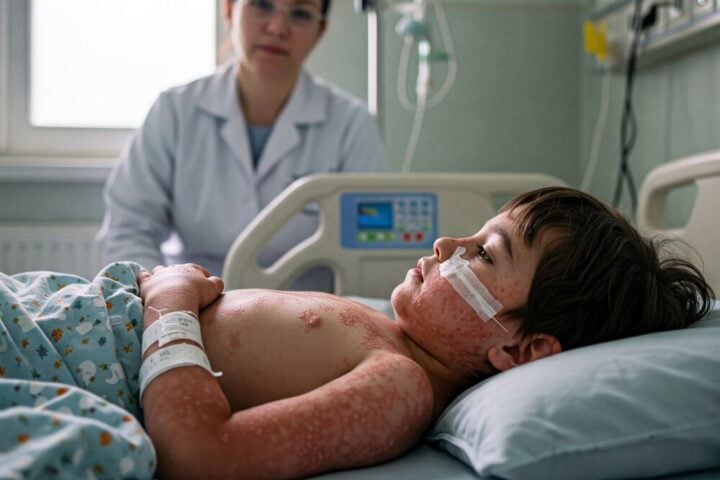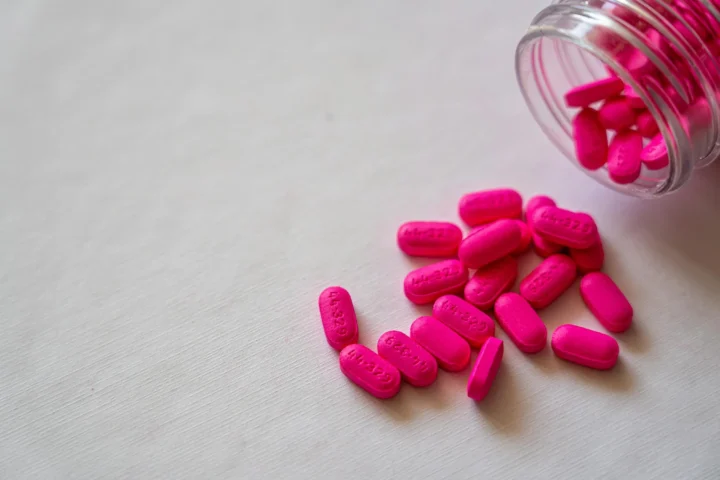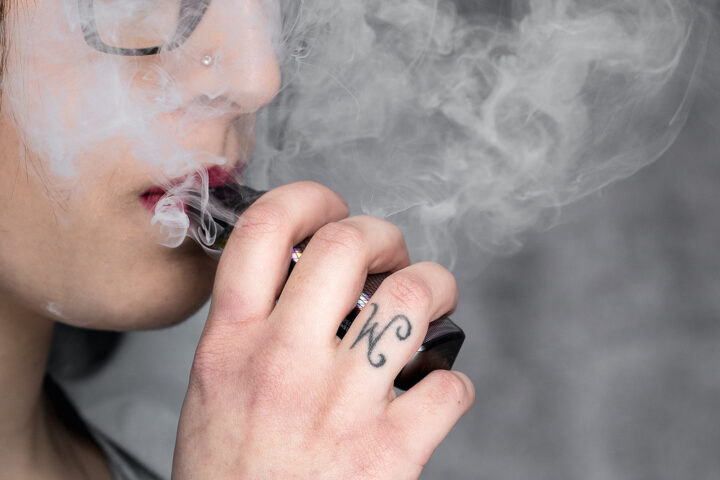Women across England will soon be able to get the morning-after pill for free from pharmacies, ending what health minister Stephen Kinnock has called an “unfair postcode lottery” in access to emergency contraception.
The government plans to announce this initiative on Monday as part of a broader investment in community pharmacies. The change is expected to take effect later this year.
Currently, emergency hormonal contraception (EHC) is free from most GPs and sexual health clinics, but pharmacies can charge up to £30. This has created significant regional disparities in access, with availability “varying dramatically” depending on location and local NHS funding.
“Equal access to safe and effective contraception is crucial to women’s healthcare and a cornerstone of a fair society,” Kinnock told the BBC. The plan “will ensure all women can access this essential healthcare when they need it, regardless of where they live or their ability to pay.”
The initiative is expected to not only improve access to emergency contraception but also free up GP appointments, as women will no longer need to book an appointment to receive the medication.
Types of Emergency Contraception
There are two main types of morning-after pills available:
Levonorgestrel (sold under brands like Levonelle) works by preventing or delaying ovulation and is most effective when taken within 72 hours (three days) of unprotected sex.
Ulipristal acetate (sold as EllaOne) can prevent or delay ovulation for up to 120 hours (five days) after unprotected sex.
Health experts emphasize that neither of these medications are abortion pills—they work by preventing pregnancy rather than terminating one.
Similar Posts
Pharmacy Access Process
When the free service begins, women seeking emergency contraception will likely undergo a brief confidential consultation at the pharmacy. This process allows pharmacists to assess eligibility, provide information on proper use, and offer advice on regular contraception options.
Nick Kaye, chairman of the National Pharmacy Association, which represents around 6,000 independent pharmacies across the UK, welcomed the announcement, saying the organization had “long called for” national commissioning of emergency contraception.
“For too long, access to free services has been a postcode lottery for patients, with local arrangements only existing in certain parts of the country and often being underfunded,” Kaye said.

However, he also noted that “pharmacies are under enormous pressure amid the impact of record cuts to their budgets, so it is important any scheme fully reimburses them for this work.”
The change comes amid broader healthcare reforms, with the government mentioning plans to scrap NHS England.
Frequently Asked Questions
The morning-after pill (also known as emergency hormonal contraception or EHC) is a medication taken after unprotected sex to prevent pregnancy. It works primarily by delaying or preventing ovulation, which means an egg isn’t released for potential fertilization. There are two main types: levonorgestrel (effective up to 72 hours after unprotected sex) and ulipristal acetate (effective up to 120 hours). It’s important to note that these are not abortion pills – they prevent pregnancy rather than terminate an existing one.
Currently, the morning-after pill can cost up to £30 when purchased directly from pharmacies in England. While it is available for free from most GPs and sexual health clinics, the pharmacy charges have created a financial barrier for many women. This cost varies by location, creating what health officials have described as a “postcode lottery” in terms of access to emergency contraception.
While the official announcement is planned for Monday, the free morning-after pill initiative is expected to take effect later this year (2025). The exact implementation date has not been specified in the initial information, but it’s part of a broader investment in community pharmacies being rolled out by the government.
Based on the information provided, the initiative aims to make emergency contraception freely available to all women in England through pharmacies, regardless of their location or ability to pay. The service is designed to end regional disparities in access. Women seeking the medication will likely undergo a brief confidential consultation at the pharmacy to assess eligibility and receive proper guidance on usage.
When the free service begins, women seeking emergency contraception will participate in a brief confidential consultation with a pharmacist. This process allows the pharmacist to assess eligibility, provide information on proper use, and offer advice on regular contraception options. This consultation process ensures the medication is provided safely and appropriately while eliminating the need to schedule a GP appointment.
No, the morning-after pill is not an abortion pill. Health experts emphasize this important distinction. Emergency contraceptive pills work by preventing or delaying ovulation, which prevents pregnancy from occurring in the first place. They do not terminate an existing pregnancy. Abortion pills (such as mifepristone and misoprostol), by contrast, end an established pregnancy and are subject to different regulations and access protocols.
